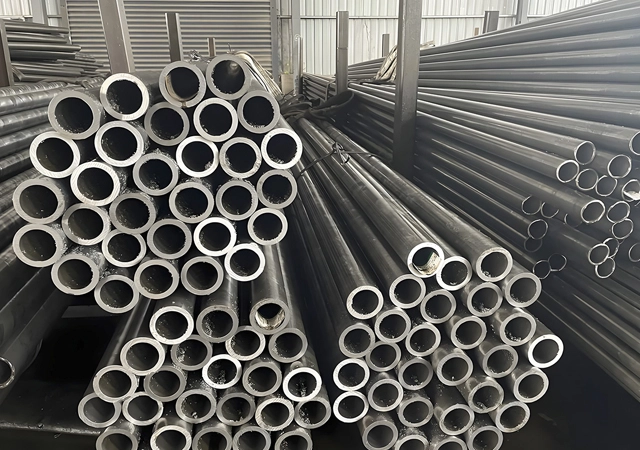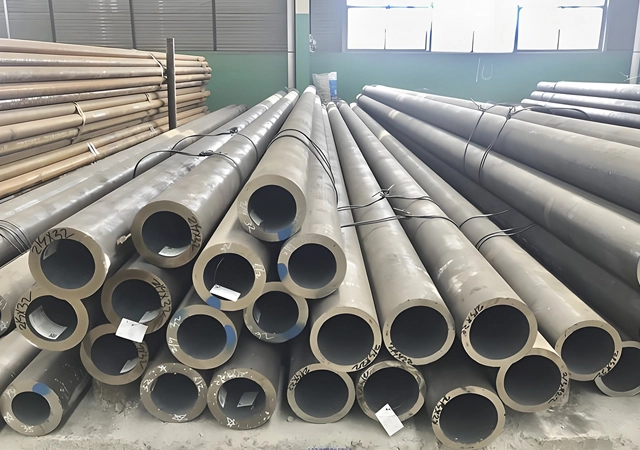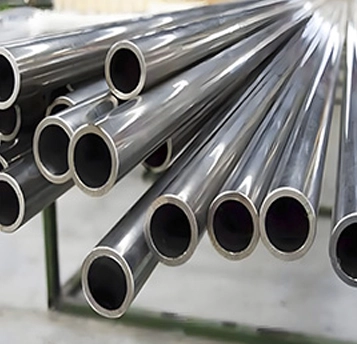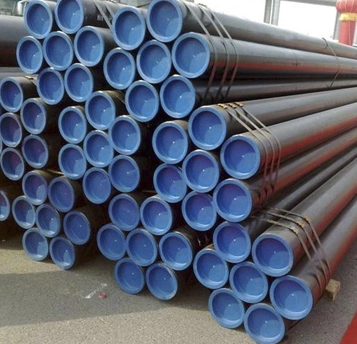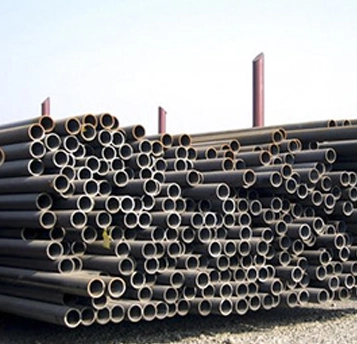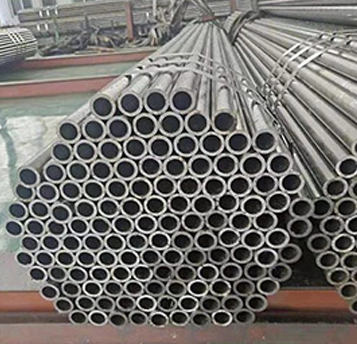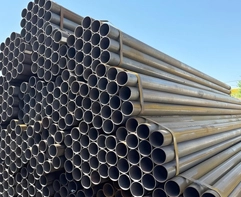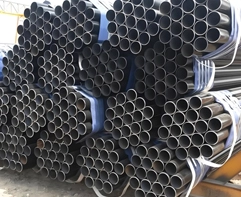| Standard | Grade | Chemical Composition (%) | Mechanical Properties |
| ASTM A513 | 1010 | C: 0.08-0.13, Mn: 0.30-0.60, P: ≤0.040, S: ≤0.050 | Tensile Strength: ≥305 MPa, Yield Strength: ≥275 MPa, Elongation: ≥20% |
| 1020 | C: 0.18-0.23, Mn: 0.30-0.60, P: ≤0.040, S: ≤0.050 | Tensile Strength: ≥380 MPa, Yield Strength: ≥305 MPa, Elongation: ≥15% |
| 1026 | C: 0.22-0.26, Mn: 0.60-0.90, P: ≤0.040, S: ≤0.050 | Tensile Strength: ≥415 MPa, Yield Strength: ≥345 MPa, Elongation: ≥12% |
| DIN 2391 | St35 | C: ≤0.17, Mn: 0.35-0.65, P: ≤0.040, S: ≤0.040 | Tensile Strength: 340-480 MPa, Yield Strength: ≥235 MPa, Elongation: ≥25% |
| St52 | C: ≤0.22, Mn: 1.00-1.60, P: ≤0.040, S: ≤0.040 | Tensile Strength: 490-630 MPa, Yield Strength: ≥355 MPa, Elongation: ≥21% |
| GB/T 8162 | 20 | C: 0.17-0.24, Mn: 0.35-0.65, Si: 0.17-0.37, P: ≤0.035, S: ≤0.035 | Tensile Strength: ≥410 MPa, Yield Strength: ≥245 MPa, Elongation: ≥25% |
| 45 | C: 0.42-0.50, Mn: 0.50-0.80, Si: 0.17-0.37, P: ≤0.035, S: ≤0.035 | Tensile Strength: ≥600 MPa, Yield Strength: ≥355 MPa, Elongation: ≥16% |
| JIS G3445 | STKM11A | C: ≤0.12, Mn: 0.30-0.60, P: ≤0.040, S: ≤0.040 | Tensile Strength: ≥330 MPa, Yield Strength: ≥205 MPa, Elongation: ≥25% |
| STKM13A | C: ≤0.20, Mn: 0.30-0.60, P: ≤0.040, S: ≤0.040 | Tensile Strength: ≥370 MPa, Yield Strength: ≥215 MPa, Elongation: ≥22% |

 EN
EN
